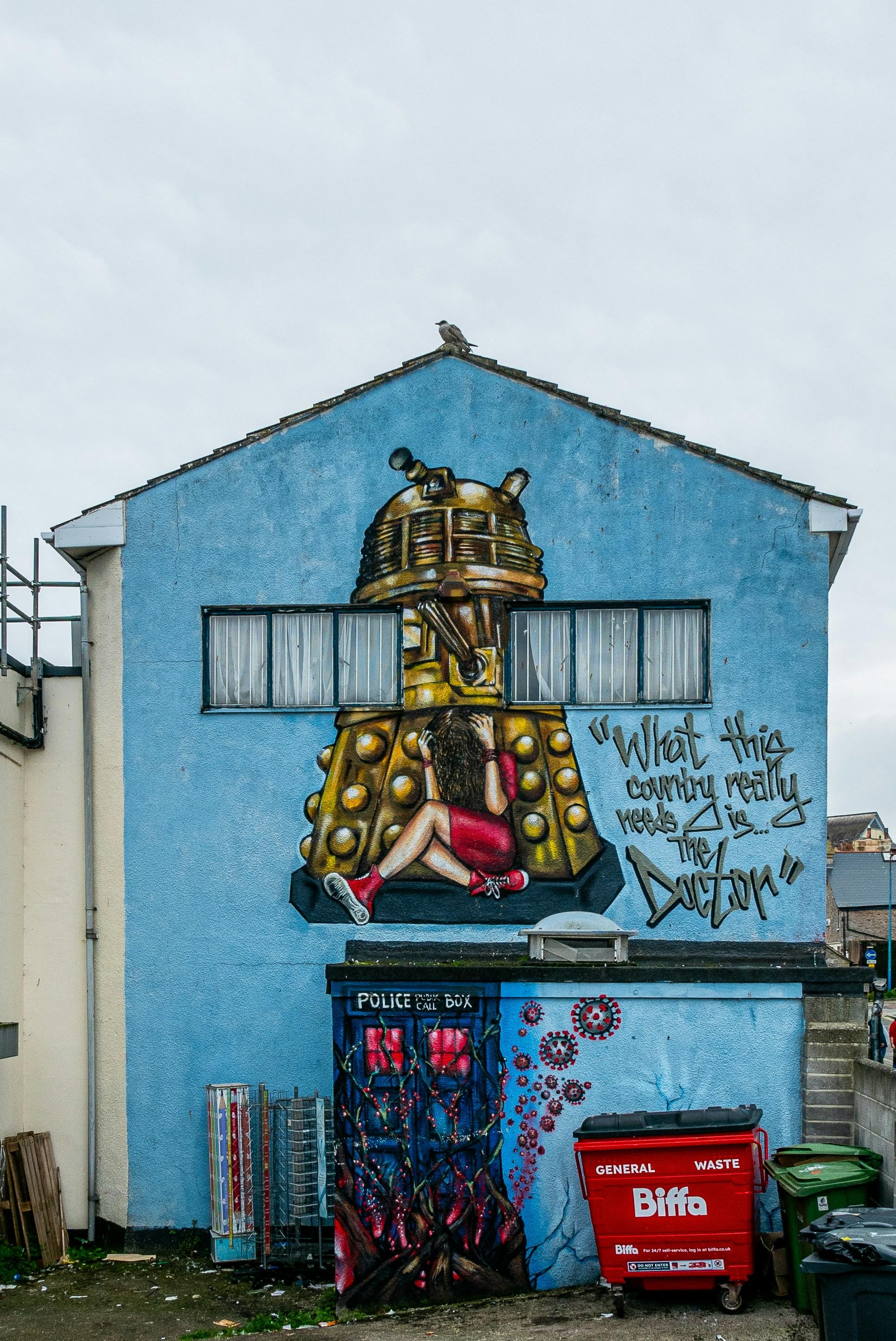Since its debut on the BBC in 1963, “Doctor Who” has become a cultural touchstone, weaving its way into the fabric of science fiction and popular culture. As one of the longest-running television series in history, it has continually evolved to reflect the changing landscapes of society, technology, and storytelling. This article explores the transformation of “Doctor Who” over the decades, examining how shifts in production techniques, narrative complexity, and character development have contributed to its enduring appeal. From the monochrome days of William Hartnell’s First Doctor to the vibrant, high-definition adventures of the modern era, “Doctor Who” has not only adapted to the times but has also influenced them, remaining a beacon of innovation and creativity in the realm of television. Through an analytical lens, we will delve into the key phases of the show’s evolution, uncovering the factors that have enabled it to captivate audiences across generations.
Impact of Cultural Shifts on Doctor Whos Narrative
Doctor Who has long served as a cultural mirror, reflecting the changing values and concerns of society throughout its decades-long run. As societal norms have evolved, so too has the narrative structure and thematic focus of the show. In the early years, the series often explored themes of imperialism and technological advancement, resonating with the post-war optimism and scientific curiosity of the 1960s. However, as cultural awareness around issues such as gender, race, and environmentalism has grown, the show has adapted to include more diverse storylines and complex character arcs.
- Diversity and Inclusion: Recent seasons have seen a significant shift towards a more inclusive cast and crew, reflecting broader societal demands for representation. The introduction of a female Doctor was a pivotal moment, challenging traditional gender roles and expectations.
- Environmental and Ethical Concerns: Storylines have increasingly addressed pressing global issues such as climate change and ethical dilemmas surrounding artificial intelligence, highlighting the show’s ability to remain relevant and thought-provoking.
- Complex Moral Narratives: The narrative has grown more nuanced, often exploring moral ambiguity and the consequences of the Doctor’s actions, a reflection of the increasingly complex world we live in.
These cultural shifts have not only kept Doctor Who relevant but have also enriched its narrative complexity, allowing it to engage with audiences in meaningful ways across generations.

Technological Advancements and Their Influence on Production
The enduring legacy of Doctor Who is deeply intertwined with technological advancements that have significantly influenced its production over the decades. From its inception in 1963, the show has continually adapted to incorporate cutting-edge technologies, which have not only enhanced the visual storytelling but also expanded the scope of its narratives. The early days of the series relied heavily on practical effects and innovative camera techniques, but as technology progressed, so did the show’s ability to depict otherworldly landscapes and creatures more convincingly.
- Visual Effects: The transition from practical effects to CGI has been pivotal. The introduction of computer-generated imagery in the 2005 revival allowed for more ambitious storytelling, bringing to life complex alien worlds and intricate time-travel sequences that were previously unimaginable.
- Filming Techniques: Advances in camera technology have enabled higher resolution and dynamic range, resulting in more immersive and visually striking episodes. This has allowed for a more cinematic approach, aligning the show’s aesthetics with modern expectations.
- Sound Design: The evolution of audio technology has enriched the show’s soundscapes, enhancing the viewer’s experience with more detailed and atmospheric sound design that complements the visual elements.
these technological advancements have been instrumental in maintaining the show’s relevance and appeal, allowing Doctor Who to continually reinvent itself while staying true to its core themes of exploration and adventure.
Character Development and the Role of the Doctor Across Eras
The character of the Doctor is a fascinating study in adaptability and reinvention. Across the decades, each incarnation of the Doctor has brought with it a unique blend of personality traits, ethical dilemmas, and narrative arcs, reflecting the socio-cultural context of the era. William Hartnell’s First Doctor emerged in the 1960s, embodying the archetype of a wise and somewhat irascible grandfather figure, guiding audiences through uncharted territories of science fiction. As the series progressed into the 1970s and 1980s, the Doctor became more action-oriented and charismatic, with Tom Baker’s portrayal emphasizing eccentricity and a bohemian flair, resonating with the countercultural movements of the time.
The transition into the 21st century marked a significant evolution in character development, with Christopher Eccleston’s Ninth Doctor introducing a darker, more introspective side, shaped by the trauma of the Time War. This era embraced complex emotional storylines and deeper character exploration. Subsequent Doctors, such as David Tennant and Matt Smith, further expanded on this emotional depth, blending it with humor and whimsy to appeal to a modern audience. The recent portrayals by Peter Capaldi and Jodie Whittaker have continued to push the boundaries, exploring themes of identity and morality in a world that is ever-changing. Key elements of the Doctor’s character, such as a commitment to justice and a deep-seated empathy, remain constant, ensuring the character’s timeless appeal.

Recommendations for Future Storytelling and Audience Engagement
To keep “Doctor Who” relevant and captivating for future generations, creators should focus on embracing diverse storytelling techniques and enhancing audience interaction. One approach could be to incorporate non-linear narratives that allow viewers to explore multiple storylines simultaneously, offering a richer and more immersive experience. Additionally, integrating interactive digital platforms where fans can influence story outcomes or engage with characters in real-time could significantly boost viewer engagement.
- Utilize augmented reality experiences to deepen the connection with the show’s universe.
- Expand the Doctor’s universe with spin-offs that explore different timelines or characters.
- Encourage fan-generated content by hosting writing or art competitions, allowing enthusiasts to contribute to the show’s legacy.
- Implement personalized content delivery, using algorithms to tailor episodes based on viewer preferences.
By leveraging these strategies, “Doctor Who” can maintain its innovative edge and continue to captivate audiences worldwide, ensuring its legacy as a groundbreaking science fiction series endures.
